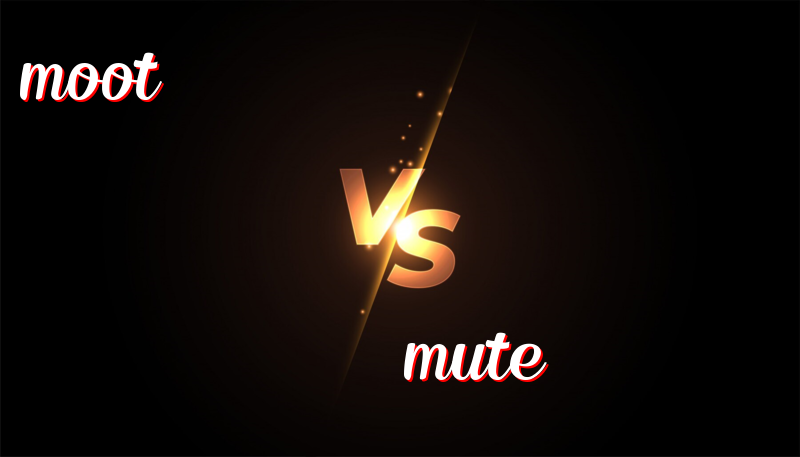Understanding the Difference Between Moot and Mute
Moot vs. Mute: Understanding the Difference
The words “moot” and “mute” look and sound similar, but they have different meanings and uses. Let’s learn more about them and how you can remember which one to use.
History and Meaning
Moot:
“Moot” comes from an Old English word that meant a meeting or a discussion. Today, “moot” often means a point that is not important because things have changed. It can also describe something that is open to discussion or debate.
Mute:
“Mute” comes from Latin and means unable to speak. Today, “mute” is used to describe something or someone that is silent or to turn off the sound, like on a TV.
How to Use Them
Examples of “Moot”:
- The class had a moot discussion about the story.
- Because the store is closed, the question of going there is moot.
- The judge said the case is moot now.
- It’s a moot point whether we’ll have a picnic if it rains.
- They debated a moot topic at the club meeting.
Examples of “Mute”:
- Please mute your phone during the movie.
- The room was mute after the shocking news.
- He pressed the mute button on the remote.
- She stayed mute during the meeting.
- The teacher asked him to mute his music.
Trick to Remember
To remember the difference between “moot” and “mute,” think of “moot” as related to a discussion or debate, which often happen in meetings with lots of “talk.” On the other hand, “mute” means silent, like when you can’t hear anything.
Summary
Use “moot” when you talk about things that aren’t important anymore or are open for debate. Use “mute” when you talk about quietness or turning off sound. Remembering the different meanings will help you use them correctly!

Leave a Reply
You must be logged in to post a comment.